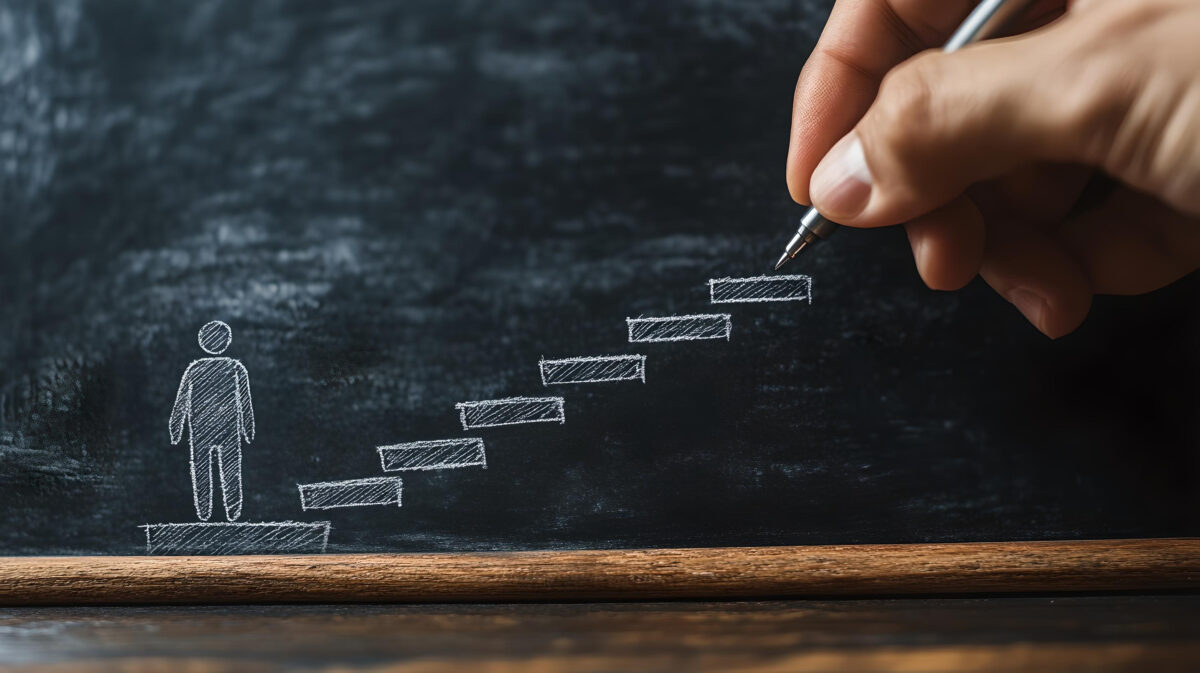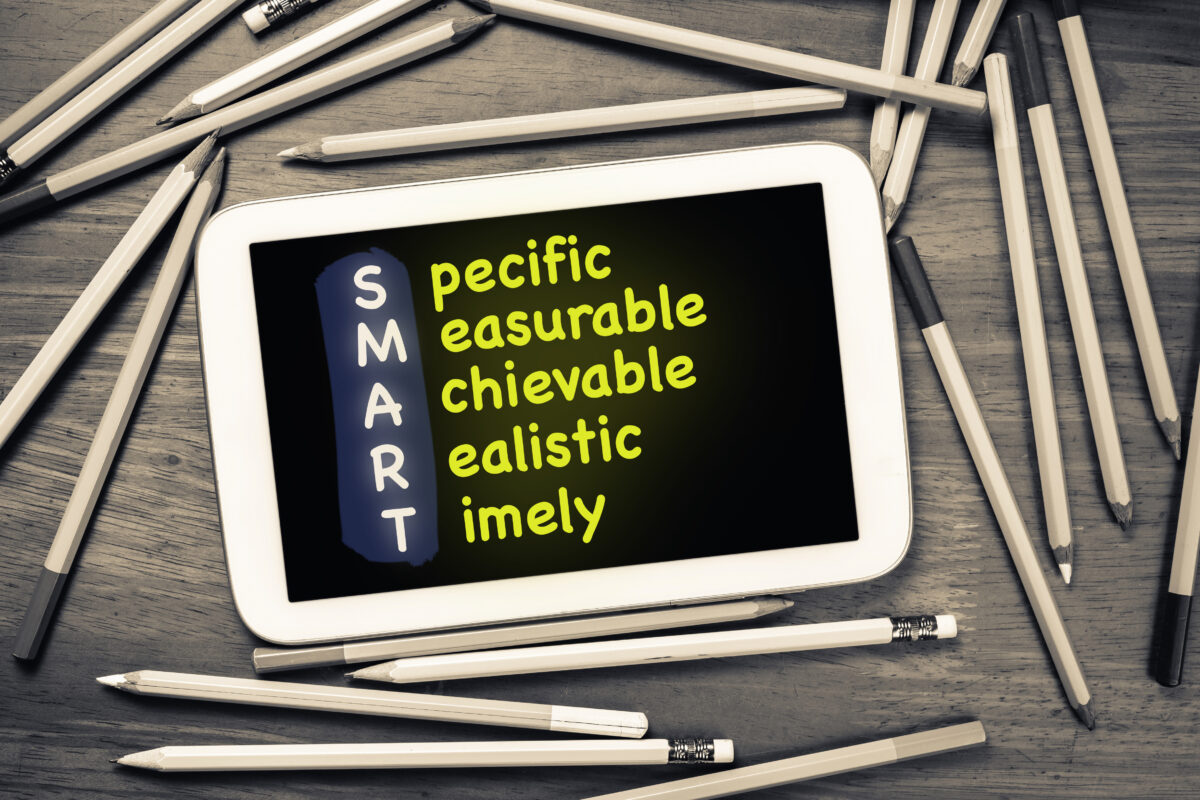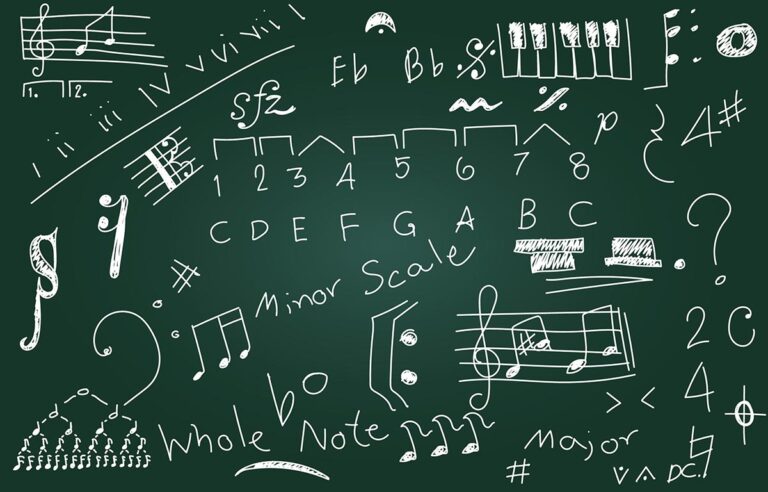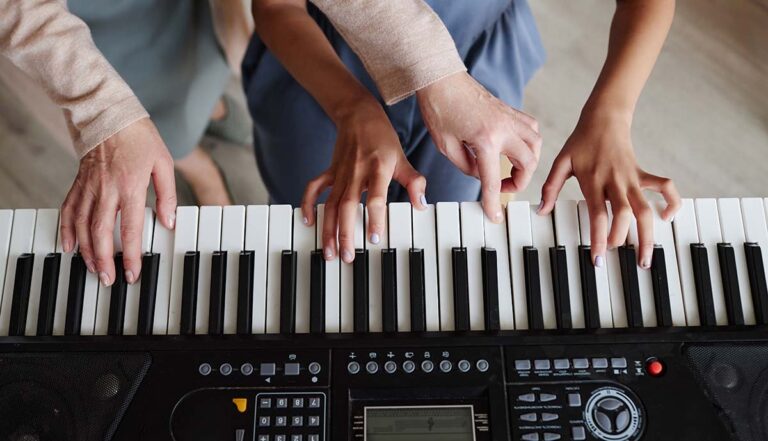How Long Does It Take to Learn to Play the Piano?
Mastering the piano is a journey that unfolds over time. A process that requires patience, dedication, and a love for music.
But how long does it take to learn piano? This question is common among beginners, and the answer is not as straightforward as one might hope. The timeline for learning piano varies greatly from person to person. Factors such as age, practice habits, and musical background all play a role.
This guide aims to shed light on the process. The timeline for beginners will provide insights, helping you set realistic expectations for your musical journey.
If you want to learn how to play the keyboard, this guide is for you. This resource is for piano and keyboard students, parents of young music lovers, and adults looking for a new hobby. Here, you will find out how long it takes to learn the keyboard.
Let’s embark on this musical journey together, exploring the path to mastering piano and how long to learn to play piano.
Understanding the Piano Learning Journey

The path to learning piano is a personal one. The challenges and triumphs fill it. Each student progresses at their own pace. The journey involves more than simply playing notes. It involves mastering technique, developing a musical ear, and understanding music theory.
The initial stages focus on building a foundation. This involves learning basic skills such as posture, finger positioning, and the piano layout.
As you advance, the journey deepens. You begin to explore more complex pieces, requiring increased dexterity and emotional expression. This journey is continuous, with growth often happening in stages rather than a straight path.
Factors Influencing Learning Speed
Many people ask, “How long does it take to learn to play piano?” Several factors can affect how long to learn piano. These include age, practice, and personal goals.
Younger students often learn faster, thanks to their flexible minds. Yet adults may benefit from stronger discipline and focus. Practice habits play a pivotal role. Consistent, daily practice accelerates learning more than occasional extended sessions do.
Here are key factors influencing learning speed:
- Age and cognitive development
- Consistency and quality of practice
- Previous musical experience
- Personal motivation and goals
- The complexity of chosen music
Personal goals also shape the learning speed. If playing complex classical pieces is your aim, it may take more time than mastering simple tunes. Understanding these factors can help set realistic timelines and expectations for learning piano.
Setting Realistic Goals

Establishing realistic goals is vital for every piano learner. It guides your practice and keeps your motivation high. Start by identifying what you want from piano lessons. Are you aiming to perform at recitals or enjoy music for personal pleasure?
Break your long-term goals into achievable steps. This could mean mastering scales first, then moving to simple pieces. Clear, attainable goals keep your journey on track.
Beginner Milestones
As a beginner, you will hit certain key milestones. Initially, you’ll learn to play songs and basic fingering. Reading sheet music becomes a primary focus. It’s crucial for developing musical literacy.
Within a few months, playing simple songs with both hands may become achievable. This stage sets the groundwork for advanced learning.
Intermediate Level Milestones
The intermediate phase introduces more complexity. Intermediate players will begin tackling challenging pieces that demand precision. Developing expressive playing is a crucial milestone. This involves conveying emotion through dynamics and phrasing.
Confidence in sight-reading and basic improvisation may also emerge. These skills broaden your musical capabilities.
Advanced Milestones
Advanced pianists reach higher levels of mastery. They can perform intricate compositions with dexterity and emotion. Technical excellence becomes more refined. This includes flawless finger technique and control over tempo.
At this stage, personal interpretation and artistry shine through. Advanced learners often personalize pieces, adding their unique flair.
Choosing the Right Learning Path
Choosing a learning path is pivotal in your piano journey. Options abound, each offering distinct benefits. Consider your personal learning style and availability. Do you thrive on one-on-one attention, or enjoy group dynamics?
Reflect on your goals and lifestyle. Your choice should align with your aspirations and schedule. Thoughtful decision-making ensures a fulfilling musical experience.
Private Lessons vs. Group Lessons
Private lessons offer personalized guidance. They allow tailored feedback and focused teaching. Conversely, group lessons provide a social context. Interaction with peers can boost motivation and encourage friendly competition.
Your learning preference should drive your choice. Opt for the setting that best supports your growth and enjoyment.
In-Person vs. Online Lessons
In-person lessons offer hands-on instruction. They deliver immediate feedback and foster direct teacher-student rapport.
Online lessons, however, provide unmatched flexibility. They are convenient for busy schedules, eliminating travel time.
Weigh the benefits against your lifestyle. Select the format that complements your learning goals and commitments.
Practice Makes Progress
Regular practice is crucial to learning the piano. Consistent practice is the key to transforming skills from basic to polished.
Engage in consistent, focused practice sessions. This methodical approach ensures steady progress and skill retention over time.
Developing Effective Practice Habits
Set a regular practice schedule. Consistency is more beneficial than occasional, intense sessions in determining how long before you can play piano well.
Prioritize quality over quantity. Focused sessions with clear goals can be more productive than lengthy, unfocused ones.
Incorporate a mix of activities into your practice. Balance technical exercises, scales, and pieces you enjoy. This variety keeps practice engaging and nurtures comprehensive skill development.
The Role of a Piano Teacher
A piano teacher plays a vital role in a student’s musical journey. They provide guidance and structure to the learning process. Teachers help to set realistic goals and adjust techniques. Their feedback helps to correct mistakes and improve musical skills effectively.
Finding a Compatible Instructor
Choosing the right instructor can significantly influence your progress. Seek someone whose teaching style matches your learning preferences. Consider their experience and qualifications. A well-rounded instructor can offer insights into various aspects of playing the piano.
Meet potential teachers before committing. Discuss your goals and assess how they approach lessons. A good rapport with your teacher can enhance the learning experience and motivate you to keep progressing.
Conclusion: Embracing the Musical Journey
Embarking on the journey of learning piano is both rewarding and enriching. Each note you play unfolds a world of creativity and expression.
Embrace every step of this journey, knowing that progress takes time and effort. With dedication and patience, your piano skills will flourish, bringing joy and fulfillment to your musical endeavors. To start your journey, apply to join the Sandy Music Academy Community!





